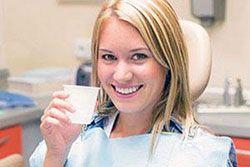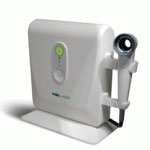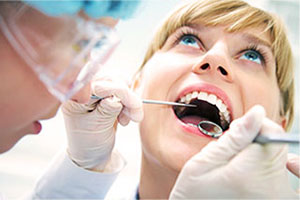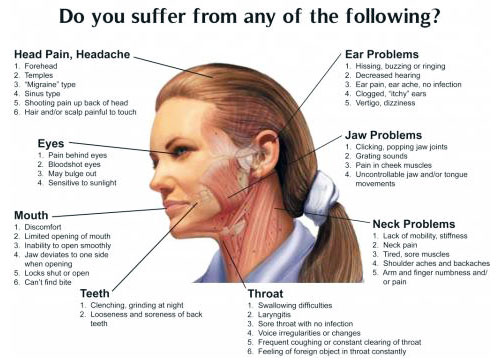Preventative Dentistry
Regular check-ups and cleanings are important for the prevention of periodontal disease. This is why we recommend a comprehensive dental exam and professional cleaning not only as part of your new patient experience, but also at regular intervals. You can rely on Dr. Marino and our Hygienist to diagnose infection and treat this harmful disease before it damages teeth or connecting bones through the following preventive services.
Teeth Cleaning

• Calculus forms above and below the gum line and can only be removed with special dental instruments.
Oral Cancer Screening
During our comprehensive dental exam, Dr. Marino will check the face, neck, lips, tongue, throat, tissues, and gums for any signs of oral cancer. Screening for early changes in the oral tissue can help detect cancer at a stage when it can be more successfully treated. Dr. Marino will use the state of the art VELScope system.

• Oral cancer kills one person every hour of every day, 24/7/365, throughout the United States.
• The overall 5-year survival rate of oral cancer is 52%, but when discovered, the survival rate increases to 80% - 90%.
Patient Education

Periodontal Therapy
An improper bite or a traumatic occlusion may increase bone destruction attached to such offending teeth. We may either choose to adjust your bite so that teeth meet properly and function better, or construct a custom bite guard or splint (a removable device that fits over upper and lower teeth) to protect teeth surfaces and relax tense jaw muscles.
• Plaque is a growing colony of living bacteria, food debris, and saliva which produces toxins (poisons) that inflame the gums. This inflammation is the start of periodontal disease.
• Over 70% of the population has some form of periodontal disease, and the majority are not aware of it.
Oral Surgery

TMJ Treatment
If you've been living with persistent jaw pain, ear pain and headaches, you could have TMJ – temporomandibular jaw disorder. TMJ can often be traced back to an improper bite, misaligned jaw joints, or an injury to the jaw or face. TMJ treatment from a dentist can relieve the discomfort. Although TMJ treatment varies from patient to patient, it typically involves one or several procedures, including the use of an orthotic splint, enamel reshaping, dental crowns, dental braces or night guards. The goal of TMJ treatment is to stabilize your bite so that your teeth, jaw muscles and jaw joints work properly together without strain – and without pain!

Nitrous Oxide and Oral Sedation Dentistry
Ever wish you could sail through dental visits without anxiety or fear? Would you rather endure an agonizing toothache than go to the dentist? Answering “yes” to these questions could mean that you're a perfect candidate for sedation dentistry. With sedation dentistry, you can forget about fear and focus on pure relaxation.
There are different levels of sedation to accommodate every patient. Minimal sedation involves inhaling nitrous oxide (“laughing gas”). Nitrous oxide helps you relax and wears off quickly. Electronic anesthesia is an alternative form of mild sedation that uses electronic impulses to help you relax. Conscious sedation is a moderate level of sedation that causes drowsiness and is taken in pill form. IV deep sedation is typically administered intravenously and works very quickly. With IV deep sedation, most patients fall asleep but can be easily awakened. Total sedation could be the only solution for people with an intense fear or phobia of dentistry. With total sedation, or general anesthesia, you are completely unconscious and cannot be easily awakened.
Pediatric Dentistry

According to the American Academy of Pediatric Dentistry (AAPD), children should visit the dentist by their first birthday. It is important that your child's newly-erupted teeth (erupting at 6-12 months of age) receive proper dental care and benefit from proper oral hygiene habits right from the beginning.
Your child should visit the dentist every 6 months for regular dental cleanings and checkups. We recommend fluoride treatments twice a year along with cleanings to keep teeth their strongest. Tooth sealants are also recommended because they "seal" the deep grooves in your child's teeth, preventing decay from forming in these hard-to-reach areas. Sealants last for several years, but will be monitored at your regular checkups.
